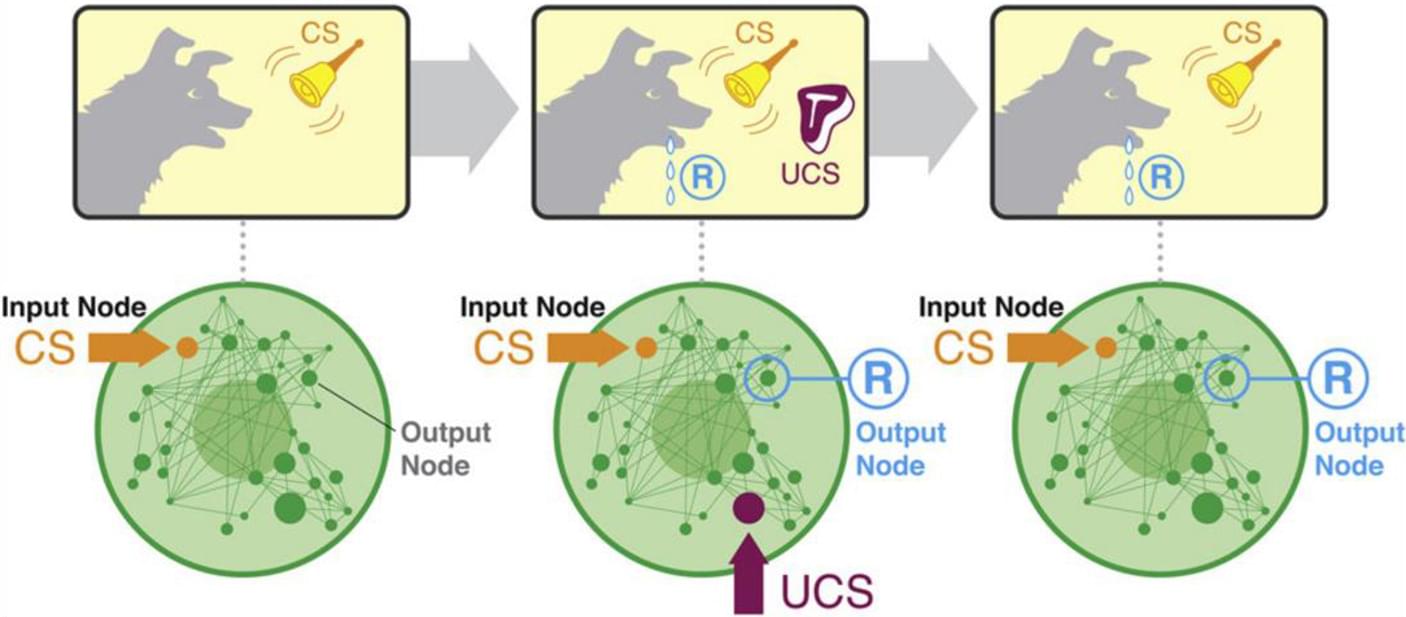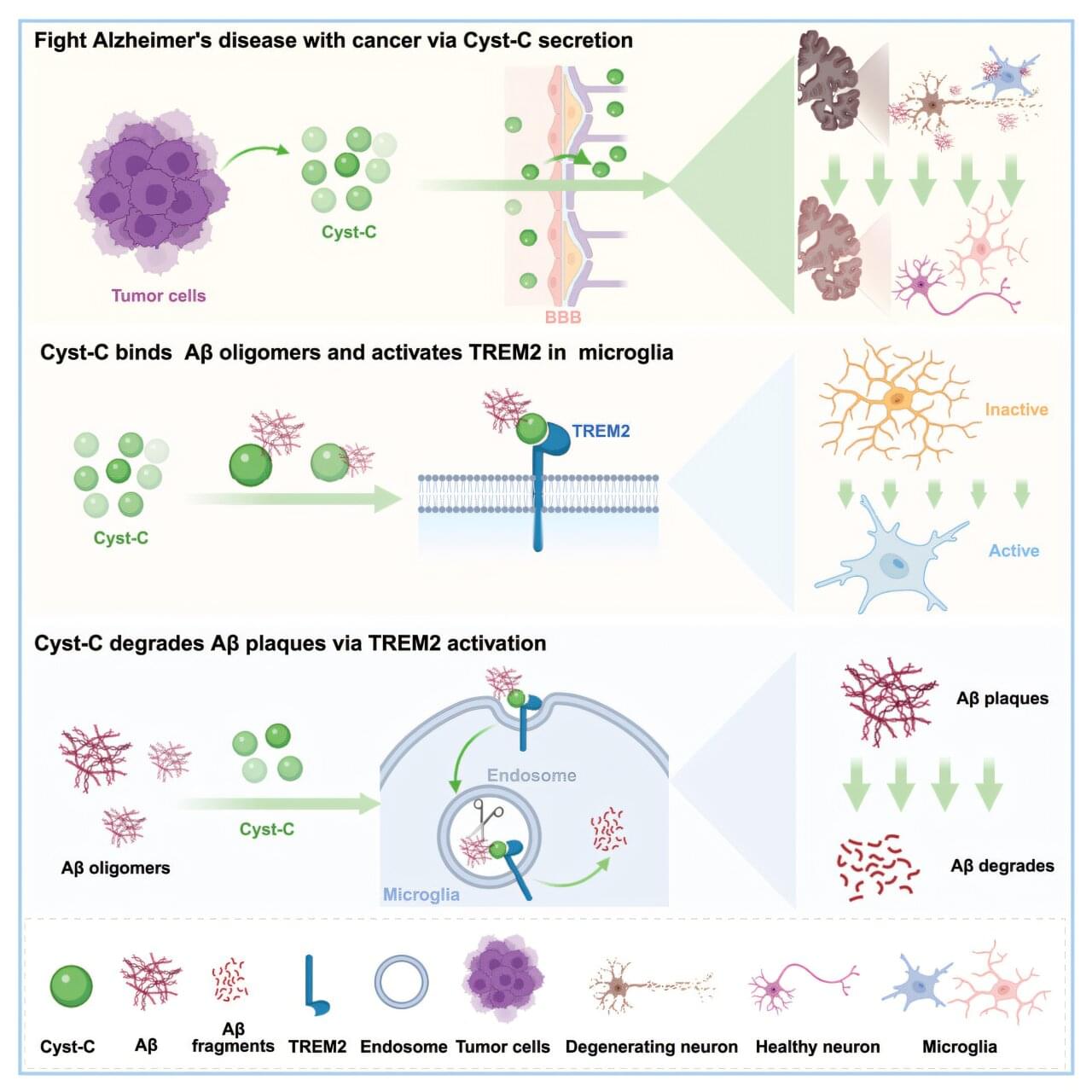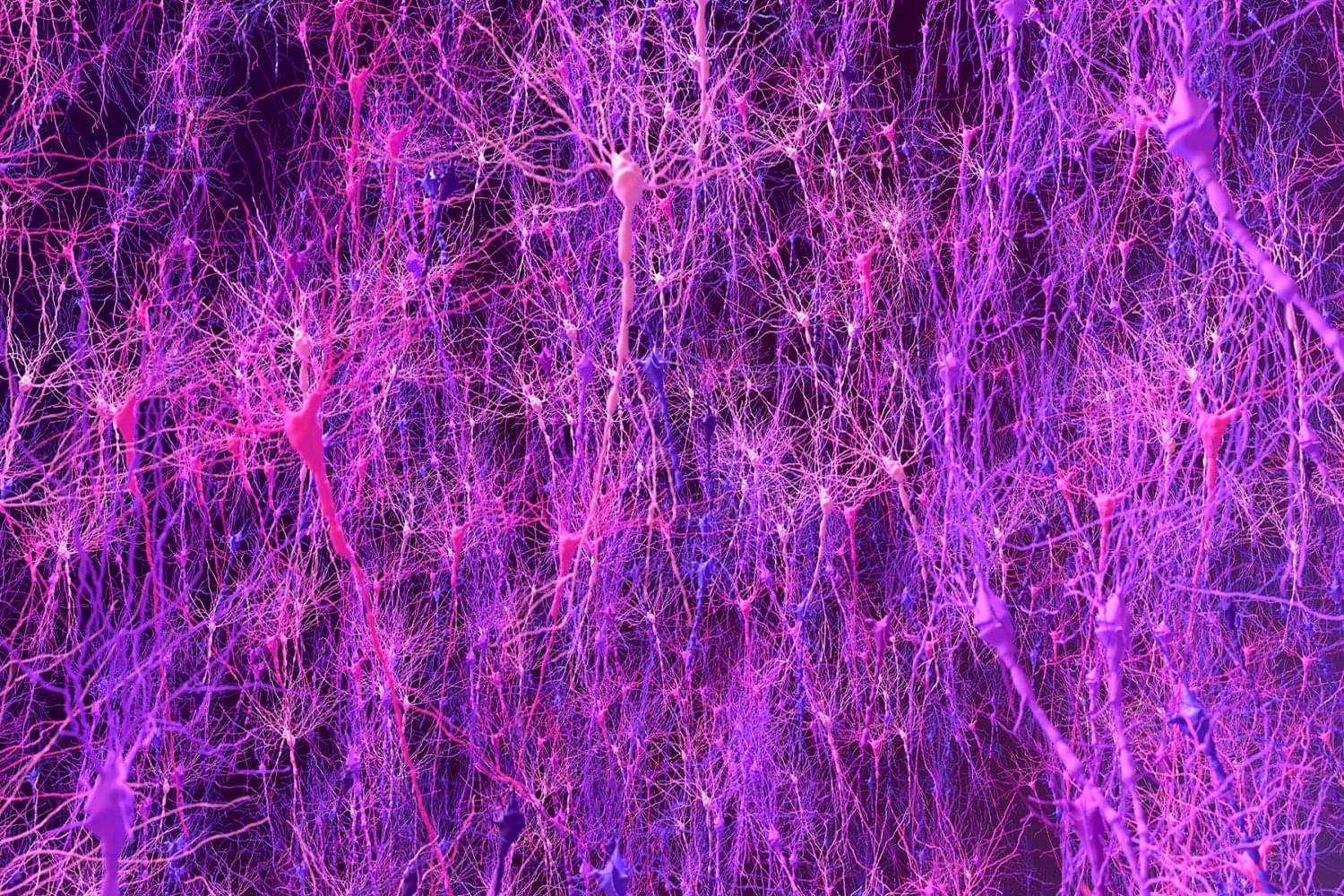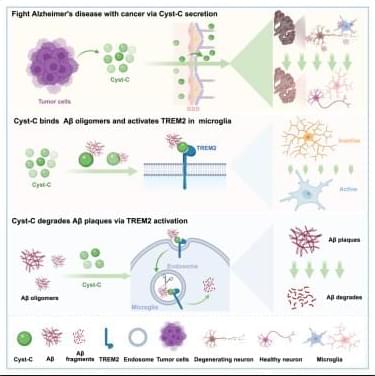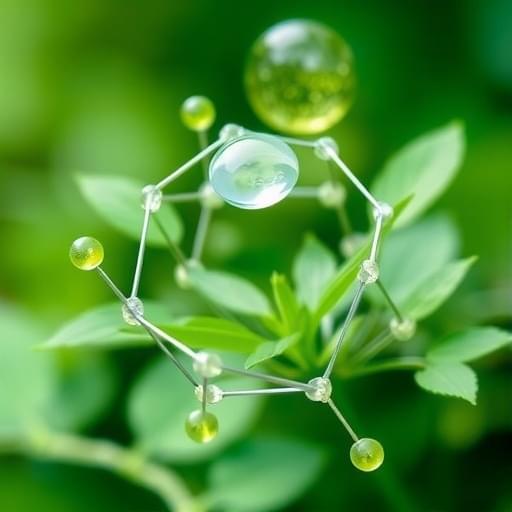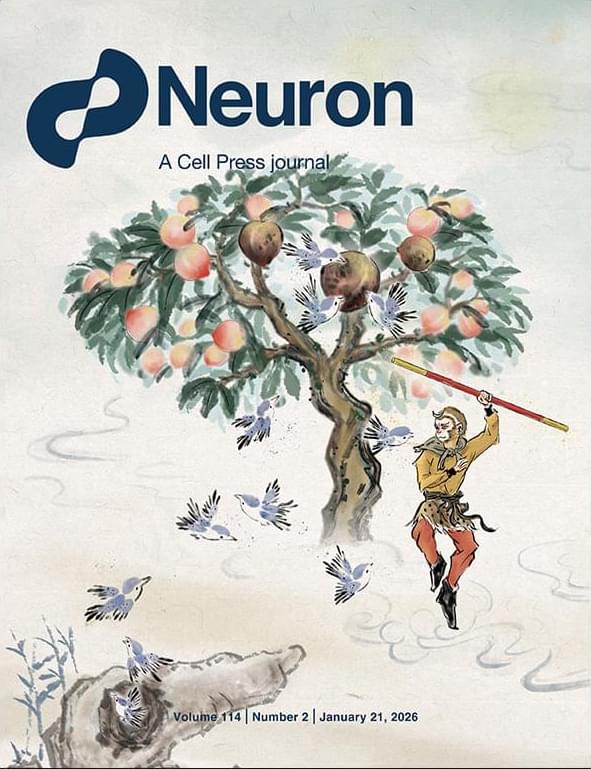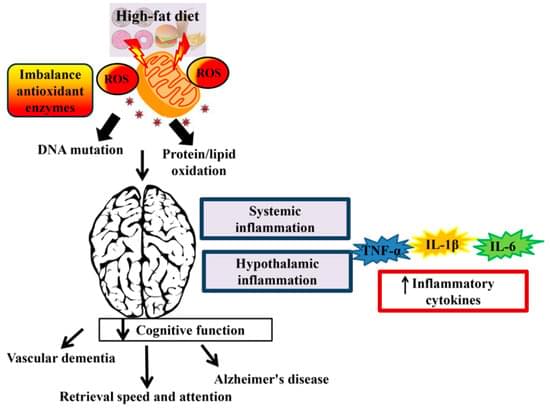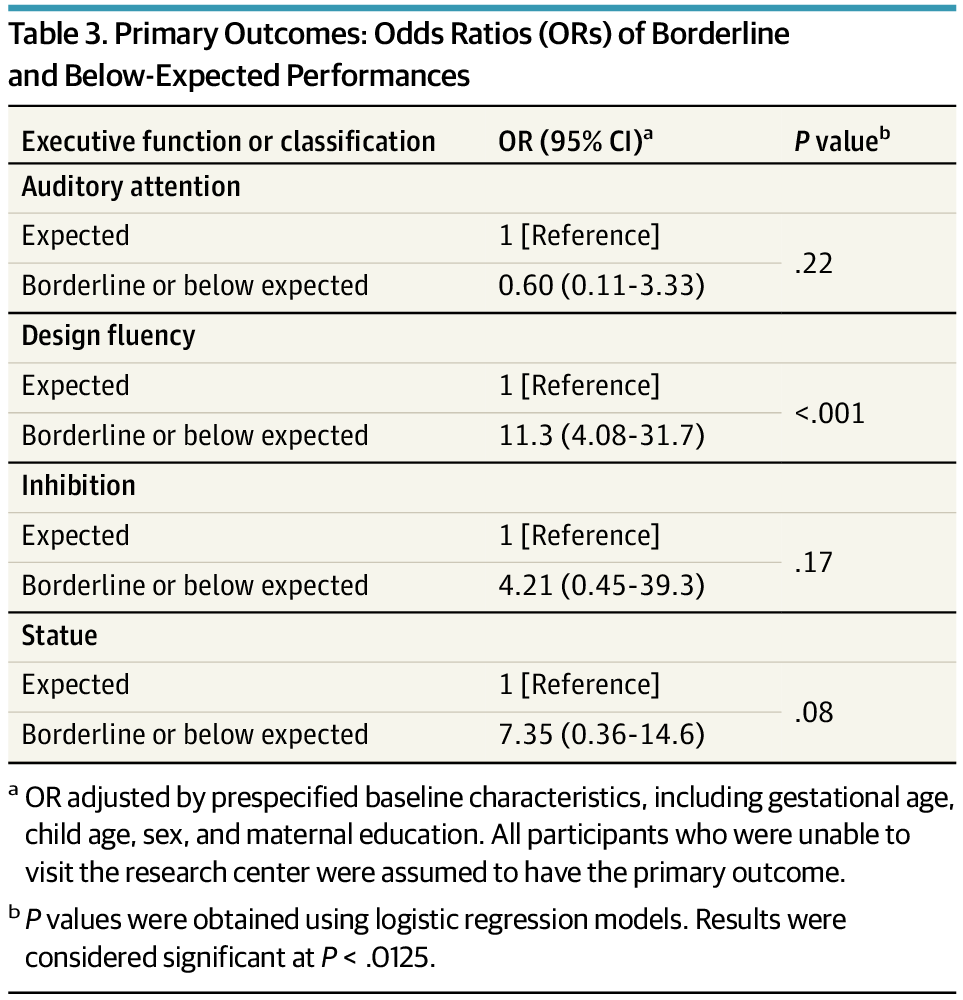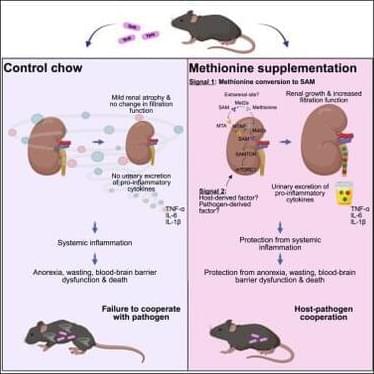Recently, there has been convergence of thought by researchers in the fields of memory, perception, and neurology that the same neural circuitry that produces conscious memory of the past not only produces predictions of the future, but also conscious perception of the present.
In a new perspective in the Journal of Cognitive Neuroscience, researchers explain that although our conscious perception appears to simply mirror the external world, due to neural processing delays this intuitive feeling must be wrong. Instead, unconscious perceptual mechanisms represent a timeline that is then consciously remembered. Because the default mode network, along with the frontoparietal control and salience networks, are critical for simulation and memory, they are also critical for consciousness.
“The same simulation processes are used whether we are consciously remembering the past, experiencing the present or imagining the future. Perceptual mechanisms represent an ongoing, editable, ‘best estimate’ of our past, present, and future. There is no hard boundary between conscious perception and memory at milliseconds to seconds timescales,” explains corresponding author Andrew Budson, MD, professor of neurology at Boston University Chobanian & Avedisian School of Medicine.

